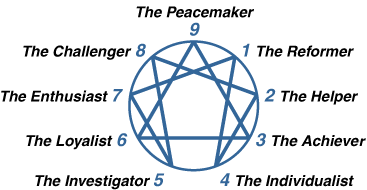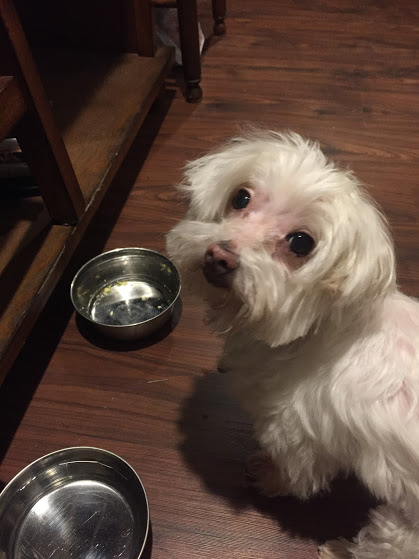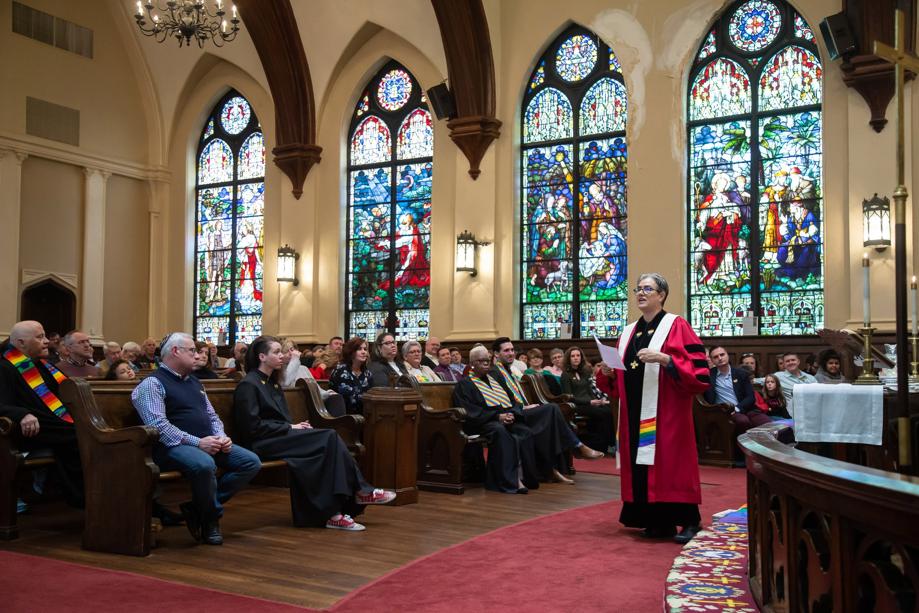If “In God We Trust” ever steps offstage as our national motto, “Do It Yourself” is waiting in the wings. We love to do it ourselves (reupholstered chairs, homemade marshmallows) almost as much as we love pretending to do it ourselves (wealth built on the backs of slaves, Westward Expansion onto stolen land, Milli Vanilli, etc.).
Americans love a good bootstrap story. We want to believe in the self-made man. We’re obsessed with “fixing” and improving ourselves, all on our own, as if the success won’t count if anyone else helped. If we just try hard enough, long enough, with enough desire to change, we will triumph. To ask for help, when we should be able to help ourselves, is shameful.
This is a steaming pile of bull caca.
The DIY approach to self-improvement might work if you want to up your batting average or make better pound cakes. But when you realize that you may be mentally ill, and you need relief, doing it yourself isn’t a viable option.
It takes a lot of work to understand and acknowledge that you have a mental health problem. The realization requires honesty, introspection, and sometimes a great deal of pain. And it takes time–anywhere from several months to decades. If you are committed enough to your well-being to reach this hard-won awareness, it makes no sense to keep it to yourself and suffer alone.
Yet stigma teaches us to tell no one. Despite the best efforts of the mental health community, many people still believe that mental illness is definitively strange and dangerous. Not wanting to be thought of as strange and dangerous, we zip our lips. Our struggles become our little secrets. But the little secret you think you’re hiding has probably crept out of its hiding place without your permission.
We think we’re so good at covering up our disorders and addictions, but in all honesty, we kind of suck at it. You cannot effectively camouflage depression with frozen smiles and dry shampoo. Eventually someone finds the hidden beer bottles, or a coworker hears you quietly crying in the bathroom stall.
I can tell you from personal experience that for years, my brain was basically walking around with no pants on. My itsy bitsy teeny weeny mental panties were on display 24/7. And thanks to the special gift of mania, I didn’t even know I was missing my pants. I made an ass of myself in front of many people, in a myriad of ways.
So at that point, what did I have to lose? Most people around me knew something was up, and life as I knew it was unstable and unsustainable. I needed someone–actually, many someones–to help me find my pants. I slowly built up my treatment support group: my family, friends, psychiatrist, counselor, and fellow bipolar buddies who understand how it feels to have this disorder. I could not walk this path alone, nor do I feel alone.
It is because I’ve been open to receiving help, because I’m willing to be honest, that I’ve gone from feeling like a crazy freak to a woman who becomes more like her true self every day. I cannot tell you how many times I’ve made a new connection with someone over our shared health struggles, simply because of our willingness to be vulnerable. The beauty of sharing lies not only in its power to heal you but also in the encouragement it gives others to step forward.
Though you may have personal limitations around the scope of your treatment, there are so many sources of help to explore! Start small if you need to. Tell a trusted friend about what you’re going through, someone open-minded who won’t try to fix it. If going to a psychiatrist feels overwhelming, meet with your primary care doctor. If talking one-on-one with a counselor makes you anxious, try observing a group therapy session and work your way up to sharing. You could even find an online support group to provide a sense of belonging and hope, while allowing you to remain anonymous.
DIY and mental illness do not mix, my friends. The combo makes even less sense than gin and Coke, or Jesus and the prosperity gospel. Push back against a culture that says you should handle your shameful secret on your own. You don’t have to be a big mouth like me and post your mental health journey all over the Interwebs. Start small. Tell one person. Then watch the landscape open up to new forms of treatment, self-care, and connection.
You know, toddlers are the ultimate DIYers. For those tiny humans, there is no sign of independence greater than pouring their own juice. But it’s developmentally appropriate for toddlers to want to “do it by myself,” and when you let them pursue their deepest desire, the worst you’ll get is spilled OJ.
There’s a lot more at stake here than a sticky floor. It is in your power to relieve some of your suffering simply by affirming that you need help: you need someone to hold the cup. You cannot handle mental illness alone; it’s an exercise in futility. There is nothing to be gained by isolating yourself and putting off treatment. Please tell someone what’s going on. I promise you that you’re not alone. I promise that we need you just as much as you need us.
Happy Mental Health Awareness Month, my friends!
*Go to http://www.nami.org for more information on Mental Health Awareness Month and the work being done to combat stigma.



